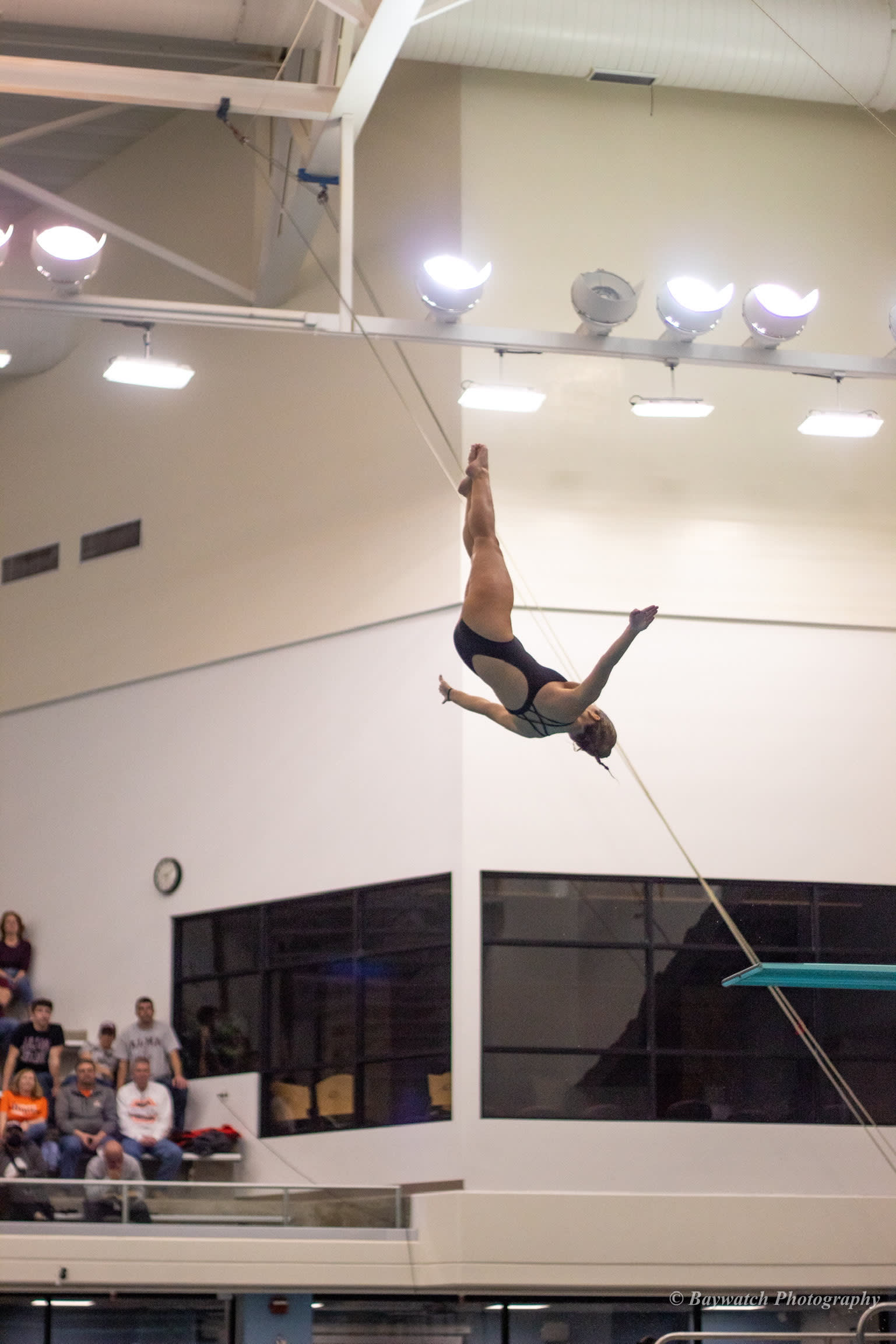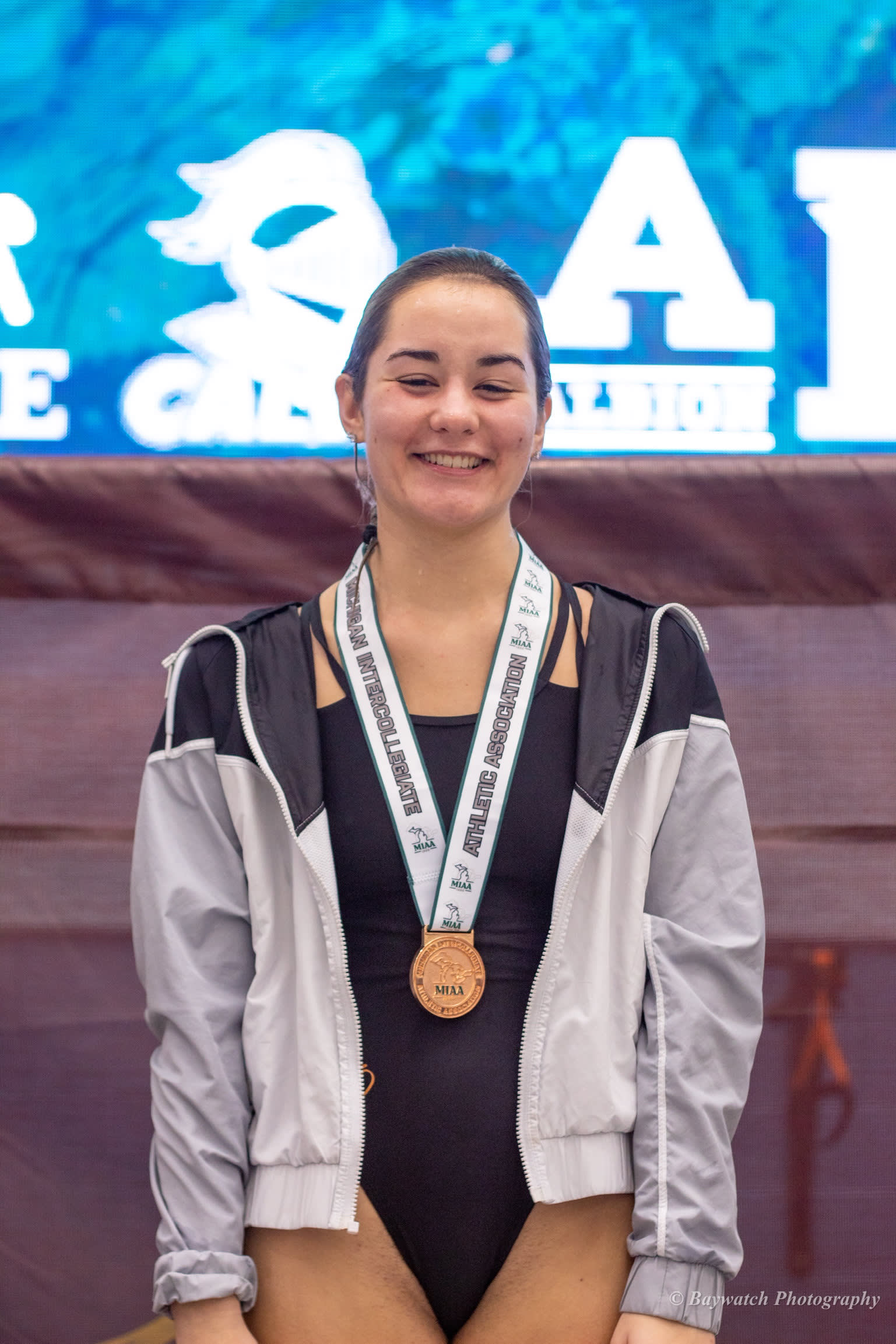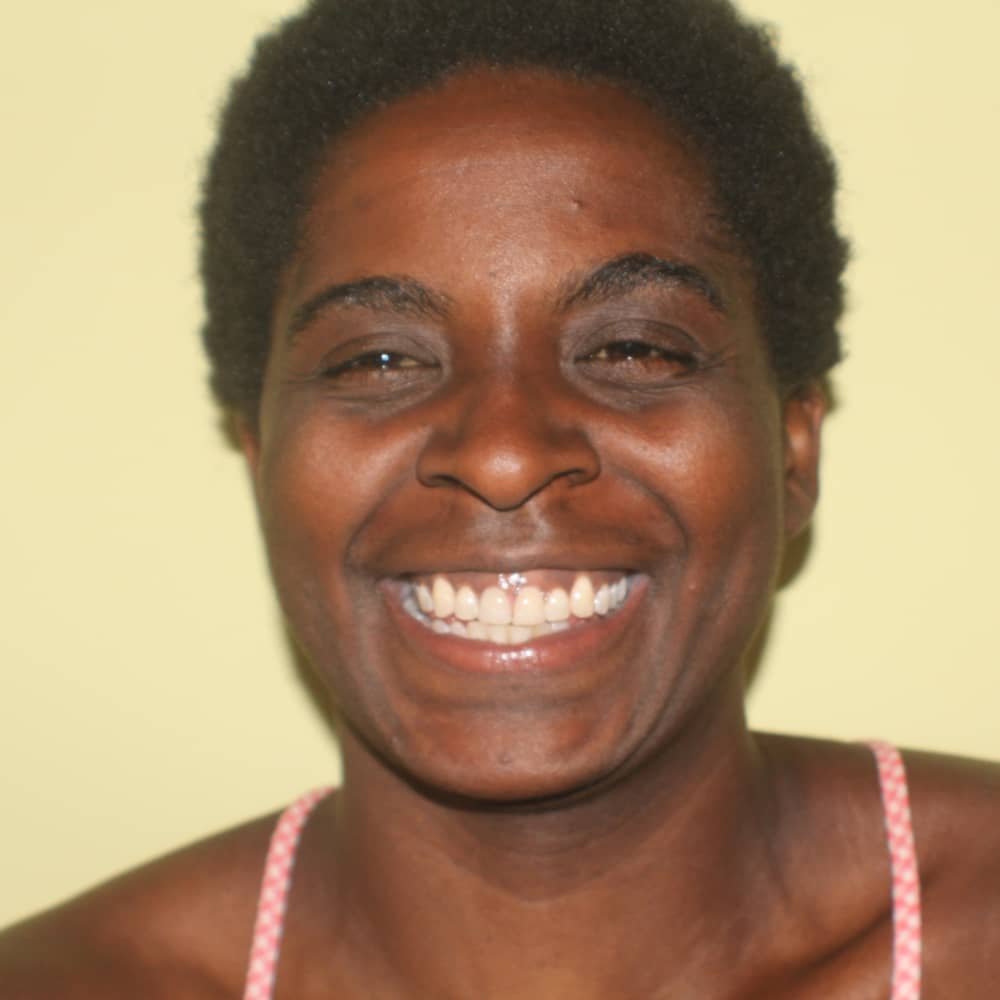What I Learned at the End of My Career as a Student-Athlete
For the entirety of my senior college diving season, I knew the end of my career as a student-athlete was in sight.
Every moment was significant to me because I knew it would be the last I would experience. There was my last first practice, my last first meet, my last midseason meet, my senior night, my last dual meet, my last conference championships.
There were many moments each week where I would stop at practice and think about how, in just a few months, I would never have these moments again. I would never have the chance to chase my diving dreams again.
However, every end has a beginning. And to my surprise, the end of my career has become a steppingstone to a better version of me.
The Beginning of the End

During my junior year, I struggled with spondylolisthesis, degenerative disc disease, and sciatica. I spent nearly every morning in my college’s athletic training room, icing and heating while hooked up to wires, getting muscle stim treatment done. I also had multiple physical therapy and treatment sessions per week, in which I did treatments ranging from decompression to ultrasound to myofascial therapy.
The physical pain was tremendous, but all the injuries took a toll on me mentally as well. As a 20-year-old, I went to bed every night knowing that more than half of my body was going to be in significant pain the next day, and that was a really difficult thing to accept.
As I worked to recover and overcome these injuries, these experiences put diving in a new perspective for me.
I was so grateful for every moment I had diving — good and bad. I was grateful for the sweat, tears, and pain, and there was a lot of pain. While I was in significant pain, I also was so happy to be diving because I knew that in just a few months, I would never be a college diver again, and the beginning of the end was near.
My coaches and teammates had a hard time wrapping their heads around why I wanted to push through so much pain. But enduring my struggles was the only logical option in my head. I knew that when I looked back in 10 years, I would be so proud of myself for persevering through the setbacks. I knew the future me would have wanted me to push through and to experience every final moment of diving I had.
Managing an Identity Crisis
Because of my optimism and gratitude, I thrived under difficult circumstances and ended my career on a meet that felt nothing short of a dream come true. I placed third at my team’s conference championships and set two personal bests, capping an end to my time as a college athlete.
I am so grateful I have so many happy moments to cherish and to reminisce on. But when the chapter of my diving career ended, it was incredibly hard for me to process. The vast majority of my senior teammates were ecstatic and relieved to be done with the sport. And while I did feel some relief, I couldn’t share in their exuberance.
Like many college athletes, I struggled with an identity crisis once I retired from college diving. For many athletes, leaving their sport means struggles with losing a support system, an established routine, and a purpose.
For four years, every decision I had made revolved around diving — when I went to bed, what I ate, who I hung out with, when I did my homework. Diving relegated me to a very strict schedule, and it gave me a purpose. No matter how crazy my life was, how stressful school was, or how much pain I was in, I knew that every afternoon I would walk into the pool, put on a suit, and dive for two hours.
I felt a void in my life without practice. I missed laughing with my teammates, joking with my coaches, and working for something bigger than myself. I missed being a part of a team. I missed waking up every morning sore and barely able to move. I missed the adrenaline rush of competing.
The weight of the pressure I felt as a college athlete for my four years was heavy and often overwhelming.
I constantly pushed myself to my breaking point and past my breaking point, reminding myself of the people who wanted to be in my shoes but weren’t. I performed so my coaches never regretted devoting their time to me, so my teammates never had to doubt if I was deserving of a spot on the team or of my success, and so my parents would be able to say they had a college athlete.
Now, without diving, I didn’t know who I was anymore. I didn’t know what was supposed to motivate me. I didn’t know what I was striving for. I felt empty.
Making the Transition Work for Me

As someone who absolutely loved diving and who loved the challenges of being a college athlete, I knew I would struggle with the transition to becoming a non-athlete, and I did.
For the first few weeks after my competitive diving career ended, there were many tears cried over the love that I thought I had lost. But I realized that I didn’t lose diving. I did lose competitive diving, but I still could dive. My school has open swim hours, and I still was able to go on the boards nearly everyday and dive.
I discovered that diving as a retired college diver is so much fun. I could dive without worrying about how my coaches saw me, or about embarrassing myself in front of my teammates, or about having to overcome massive fears and anxiety to do scary dives that I didn’t want to be doing.
I got to choose the dives I did. And the best part was, it didn’t matter how they looked. I wasn’t being watched or judged or scored. I was free to make mistakes. I could laugh at myself when I made mistakes, and that was a radical concept for me.
I also gained time to devote to other activities that I wasn’t able to do because of diving. I got into yoga and Pilates classes, and I’ve loved the athletic outlet they’ve offered me, while also giving me more of a gentle approach toward my body and movement.
It’s been a struggle to realize that I don’t have to push my body past its breaking point every time I work out to feel like I accomplished something. But through doing new forms of exercise that I’ve never felt a need to excel in, I’ve been able to focus on enjoyment instead of accomplishment.
I also started experimenting with watercolor painting and doodling. I’d always wanted to dabble in art, but when I was taking classes full time on top of my intense diving schedule, I viewed any leisurely activity as a waste of time. I’m now able to give myself time to truly relax in a way that I couldn’t before.
I can do art, and journal, and read books, and endlessly scroll TikTok, all without feeling guilty for not doing something that would make me into a better athlete.
My Next Chapter
I do miss diving a lot, and I think I always will. Being a college athlete was one of the most special things I’d been, and I’m grateful for the love, relationships, and challenges that I experienced as a diver. But I’m also grateful to be beginning a new chapter in my life. I’m grateful to feel free from the oftentimes suffocating pressures of performance and accomplishment.
I’m grateful to finally be able to heal my body from the multiple injuries I sustained. I’m grateful to get to explore what else life has to offer — and to just breathe.
As a college athlete, my life was chaotic, and I’ve gladly embraced the new direction I’ve taken my life since the end of my career. More than anything else, I learned that I can overcome anything, and peace will be waiting for me on the other side.
Meet the Author

I am a senior English and psychology double major at Kalamazoo College. I’m on the varsity diving team and have received all-conference honors. Outside of diving, I’m an active member in the swim lesson program Swim for Success. I also coach diving lessons, and I’m a reading and writing tutor for elementary school kids.





